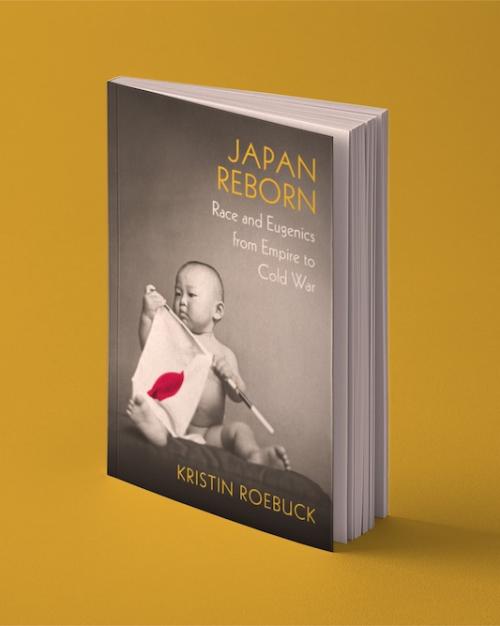A new cycle of grants from the Migrations initiative seeks to support work in migrations-related research, pedagogy and engagement with a specific focus on racism and dispossession.
The Migrations initiative, part of Global Cornell, studies how all living things – humans, animals, insects, microorganisms, plant life – move, and the context in which they move. The initiative cultivates collaborations that advance science, scholarship, teaching, outreach and engagement in ways that generate new insights into critical world problems.
In this round of funding, the Mellon Foundation Just Futures award supports projects centered around the connections between racism, dispossession and migration in interdisciplinary, innovative, and impactful ways. The Migrations initiative will also support work that highlights multispecies migrations and the natural and built environments through which they pass. These funding focus areas are reflected in four opportunities:
- Interdisciplinary Team Research Grants, four grants of up to $150,000.
- Small Research Collaboration Grants, up to five grants of up to $10,000.
- Course or Curriculum Development Grants, up to three grants of up to $30,000.
- Community Engagement Grants, four to eight grants of up to $25,000.
Funded teams will bring together expertise from multiple disciplines, temporal periods and geographic scales to analyze the many intersections and implications of racism, dispossession and migration. Through these lenses, funding will support work in core arenas of the current political moment: Authority, Governance and Racial Injustice; Climate, Dispossession, and Natural and Built Environments; and, Trafficking, Displacement and the Right to Stay Home.
The Migrations initiative, co-directed by Shannon Gleeson, associate professor of labor relations, law and history in the ILR School, and Eric Tagliacozzo, the John Stambaugh Professor of History in the College of Arts and Sciences, encourages engagement between disparate researchers, identifying where collaboration can radically transform ideas and conversations around migration, as well as understandings of racism and dispossession.
“This funding opportunity is meant to allow people who work on similar topics but from different fields or perspectives to think about the kinds of questions they can ask and address if working together,” said Wendy Wolford, vice provost for international affairs.
With a strong focus on the connections between dispossession, racism and migration, the initiative will elevate collaborative research, learning and public engagement spaces and develop an antiracist and anticolonial agenda that transforms the university and advances racial justice.
Each opportunity is available to faculty across college, school and discipline. Proposals are due April 15. Questions can be directed to: migrations@global.cornell.edu.
In 2020, the Migrations initiative supported 14 faculty-led, interdisciplinary projects.
Megan DeMint is a communications specialist supporting the Migrations Global Grand Challenge.





